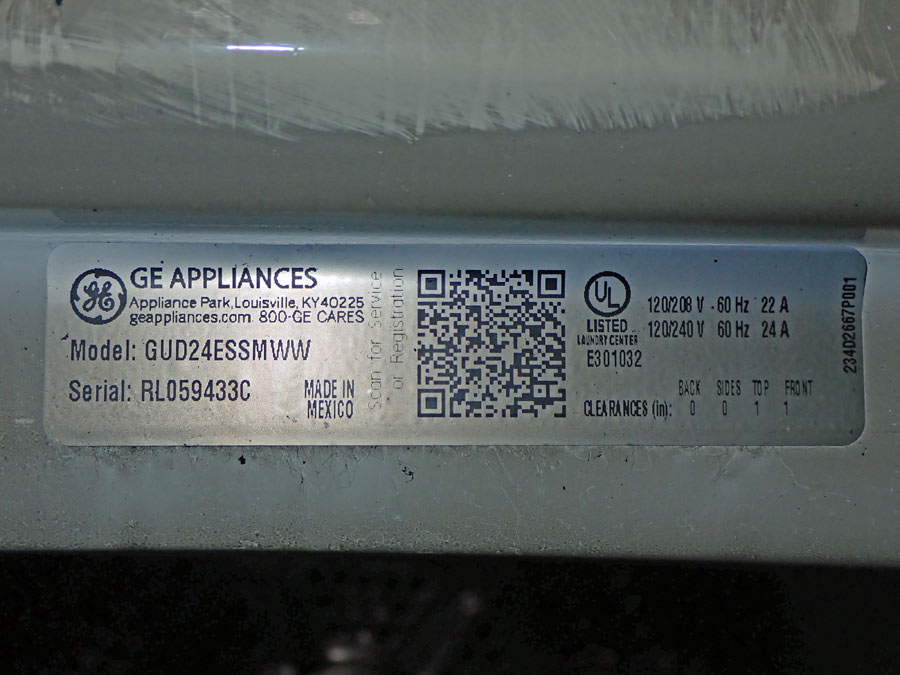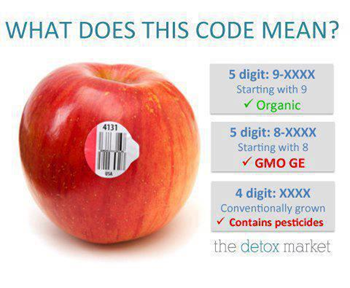

A representative assured me they stopped using hydrofluorocarbons (HFCs) in " 100% of all newly manufactured U.S. What if the reviews were wrong? What if my fridge used the more common hydrofluorocarbons - chemical refrigerants that are thousands of times more potent at warming the planet than carbon dioxide? The refrigerators were no more expensive than other models, and with a few clicks I was able to order the one I wanted through Home Depot.Ī few days before my new GE Appliances refrigerator arrived, I got nervous.

I quickly found a page on the site touting " The Most Climate-Friendly Refrigerators for 2020" and read descriptions of several different fridges, all of which were said to use isobutane, a benign refrigerant with a climate impact similar to that of carbon dioxide. I went first to Future Proof, a website offering product reviews of consumer goods with a focus on sustainability. I found this out the hard way when I recently tried to replace my aging refrigerator. In some cases, it seems they themselves don’t know which is which.

Yet, a growing number of manufacturers now offer new models with an alternative refrigerant that has little to no climate impact.īut none of the major appliance makers, including Louisville-based GE Appliances, were advertising which fridges are climate-friendly, and which are carbon bombs. Nearly all refrigerators in use in the United States today use chemical refrigerants that are some of the most potent greenhouse gases on the planet.


 0 kommentar(er)
0 kommentar(er)
